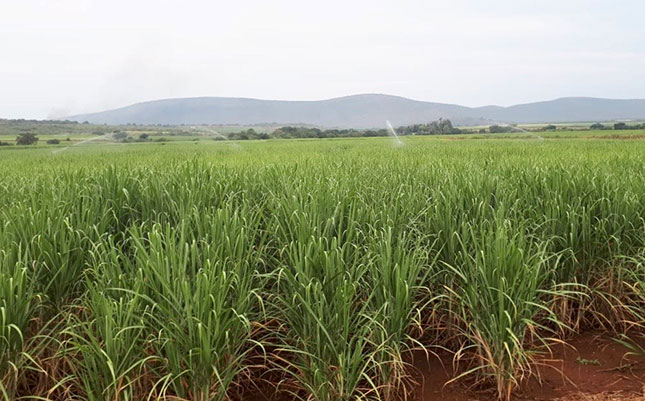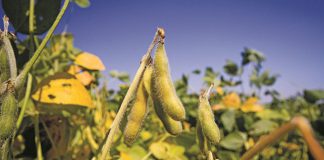
Today we start our 21-day national lockdown in a bid to contain the spread of the novel coronavirus virus (COVID-19) in South Africa.
Like me, many of you are probably filled with uncertainty and anxiety about what the next three weeks will hold, and perhaps even more so about what will happen after the national lockdown.
READ Task team to manage coronavirus crisis for farming
Unfortunately, for now, there is still a lot that we just don’t know, and things are changing so fast that making predictions is difficult.
I hope for all our sakes that this lockdown achieves its purpose, and that we can start rebuilding after the 21 days are over.
However, most of us will not be able to just pick up where we left off. The effects of this pandemic on the world, our country, businesses, and even our personal lives will linger.
But I hope we will discover new ways of operating that will change how we do things for the better. We will get through this!
In order to comply with the national lockdown, all of the Farmer’s Weekly staff will work remotely from their homes, for the full 21-day period.
However, the magazine will not be printed during the three-week period. As a result, the April issues will not be published.
The 27 March issue, which is currently on shelf, will be followed by the 1 May issue, which will be available on shelf from 27 April.
During this three-week period, the Farmer’s Weekly editorial team will focus all its efforts on writing articles for online to make sure that, while you will temporarily not be able to get agricultural news updates from the magazine, you will still be able to stay informed about what is happening in the farming sector on a daily basis.
Farmer’s Weekly will increase the volume of news and feature articles published on the website daily, and access to the entire site will, as always, be free to everyone.
Farmer’s Weekly will also be launching an online page, dedicated to all reporting related to the impact of COVID-19 on farming and the local and global agricultural supply chains.
Farmer’s Weekly will also keep farmers in South Africa informed about any regulatory issues pertaining to the lockdown that might affect their operations.
The decision to temporarily halt the printing of the 109-year old magazine was based on the fact that Caxton Magazines, the publishing house that owns Farmer’s Weekly, wishes to fully support the lockdown requirements of government as announced by President Cyril Ramaphosa on 23 March.
Printing and distribution of the Caxton group’s magazines requires a workforce of many thousands of people and in the interest of their families, and their health and safety, the business decided to halt all print operations.
Caxton Magazines sees the importance of maintaining the highest level of social distancing and as a result, the Caxton group, printers of Caxton’s magazines, and the distribution company will also be closed during this time.
The President did not ask South Africa to make easy, convenient choices; we were asked to make hard, responsible choices that will contribute to radically slowing the spread of COVID-19 as soon as possible, to save lives and to enable all business activities in the country to resume as soon as possible.
During the lockdown, Farmer’s Weekly looks forward to continue offering you trusted news and information on the farming sector.
Follow us on Twitter, facebook or LinkedIn, and please continue to engage with us online.
Yours in isolation,
Denene Erasmus
Editor, Farmer’s Weekly












